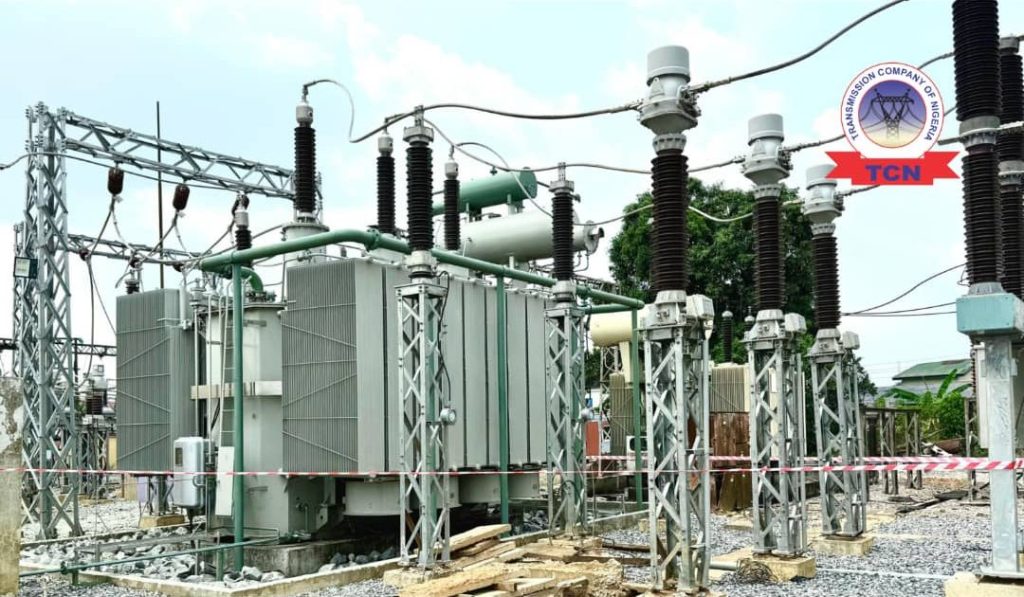Nigeria’s power sector has reached a significant milestone, recording a new peak power generation of 5,543.20 megawatts (MW) on February 14, 2025, surpassing the previous record of 5,478.73MW set just a day earlier. This achievement signals progress in the nation’s ongoing efforts to bolster its electricity supply and improve service reliability for consumers. Alongside the peak generation, the Transmission Company of Nigeria (TCN) also reported a record-breaking maximum daily energy distribution of 125,159.48 megawatt-hours (MWH) on the same day, further showcasing the increasing capacity of the power grid. The TCN affirmed the successful transmission of this generated power to distribution companies across the nation, ensuring the electricity reaches consumers. This development comes amid government pronouncements aiming to significantly enhance electricity access and reliability nationwide.
The Federal Government has declared its intention to move a majority of Nigerian electricity consumers to “Band A” status, guaranteeing them a minimum of 20 hours of electricity supply daily. This ambitious goal forms part of a broader strategy to energize the country, particularly focusing on underserved and unserved communities. Olu Verheijen, the Special Adviser to President Bola Tinubu on Energy, outlined the government’s commitment to ensuring universal metering for all customers. This initiative aims to accurately measure electricity consumption, improve revenue collection for distribution companies, and drive further investment in power infrastructure. The overarching objective of these reforms is to bolster the viability of the power sector, benefiting both the distribution companies and the consumers they serve.
The government’s planned reforms seek to address several key challenges within the power sector. Improved distribution capacity, enhanced reliability, and increased access form the cornerstone of these efforts. By strengthening the financial position of distribution companies, these reforms intend to create a positive feedback loop where improved cash flow enables further investment in infrastructure upgrades and expansion. These investments, in turn, are expected to translate into better service quality for consumers, including businesses and industrial clusters. The ultimate aim is to elevate a majority of Nigerian electricity consumers to Band A status, signifying a consistent and reliable power supply exceeding 20 hours per day.
Verheijen also highlighted the critical role of natural gas in Nigeria’s power generation, noting that a significant proportion, between 60% and 70%, of the nation’s gas production is allocated to the power sector. However, she acknowledged the challenge of recovering funds from power generation companies due to the sector’s liquidity issues. This financial constraint hinders the diversification of gas usage, as cash flow remains a crucial factor in expanding gas applications beyond power generation. Addressing the financial health of the power sector is therefore crucial to unlocking the full potential of Nigeria’s gas resources.
The privatization of the power sector drew scrutiny from Verheijen, who indicated that the process lacked the necessary rigor to ensure the successful bidders possessed the financial and technical capabilities required for the significant investments needed to improve reliability. This shortfall in due diligence has contributed to some of the sector’s current challenges, highlighting the need for careful evaluation and oversight in future privatization efforts or public-private partnerships within the power sector.
In conclusion, the recent peak power generation and distribution achievements are encouraging signs of progress within Nigeria’s power sector. These improvements, coupled with the government’s ambitious plans to expand electricity access and reliability, signal a commitment to addressing the nation’s longstanding power challenges. The focus on metering, improving distribution infrastructure, and strengthening the financial viability of distribution companies are crucial steps towards achieving the goal of providing a majority of Nigerians with consistent and reliable electricity supply. However, the ongoing challenges related to gas sector liquidity and the legacy of the privatization process underscore the need for continued reform and strategic investment to fully realize the potential of Nigeria’s power sector.


